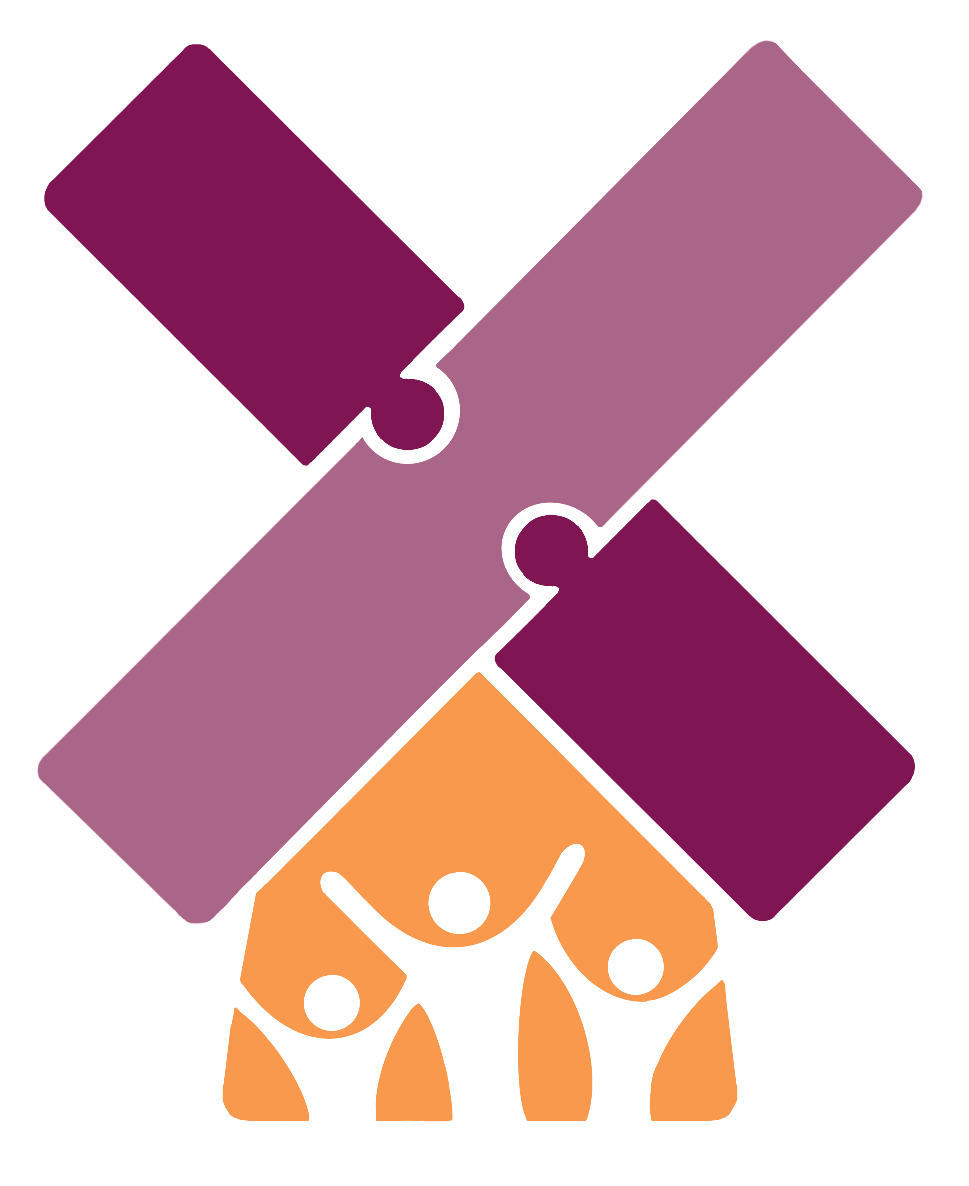What happens in one-to-one sessions?
The first time your child comes to a session - whether it’s online or in-person - we start with introductions! Therapeutic alliance is incredibly important, so usually a first session involves a lot of rapport building. Depending on the age of your child, this can look like playing some games, drawing together, or talking about hobbies and interests. This helps your child feel safe and comfortable with their therapist, and also allows our therapist to begin understanding what styles work best for your child.
One thing that we are always sure to discuss in a first session is confidentiality. For us, this means that what is said in the session, stays in the session. This means that we will not share what your child tells us with anyone outside of our team unless we have your child’s permission. We do explain, however, that there are some times when we need to break this confidentiality. If we have safety concerns, we explain to your child that we will have to communicate this with you, the parents (because safety is always our number one priority!). If this is to happen, we always include them in this decision, as well as keeping them informed about what the next steps will be. Confidentiality policies do look different across the different ages, so if you have further questions about this, let us know!
Once your child is ready, then the work really begins! Some common first conversations with a child are about lifestyle aspects of being an expat. For kids, this usually means explaining the idea of being a “Third-Culture Kid,” and exploring in which ways they relate to this identity. We also, of course, work on what your child says they are currently struggling with; Goals during therapy are generally made concrete during the second or third session.
Throughout the therapeutic process, parents are kept in the loop through debriefing and in-person or video-chat meetings, including discussing next steps to continue making progress. When relevant, contact with schools and other medical professionals, such as psychiatrists or general practitioners, are made and maintained, too.


